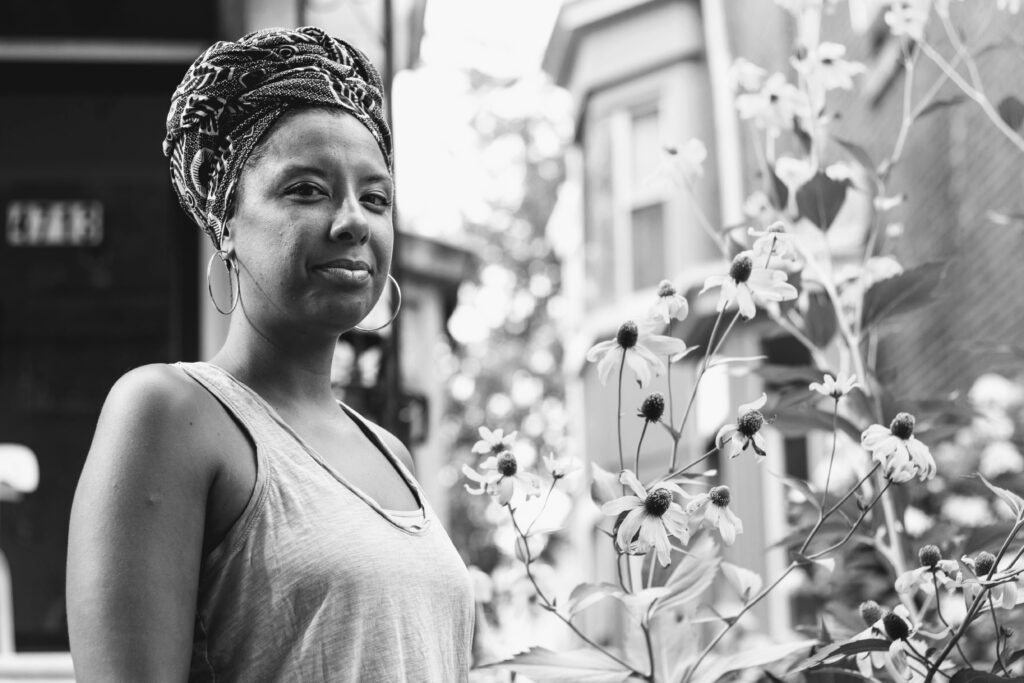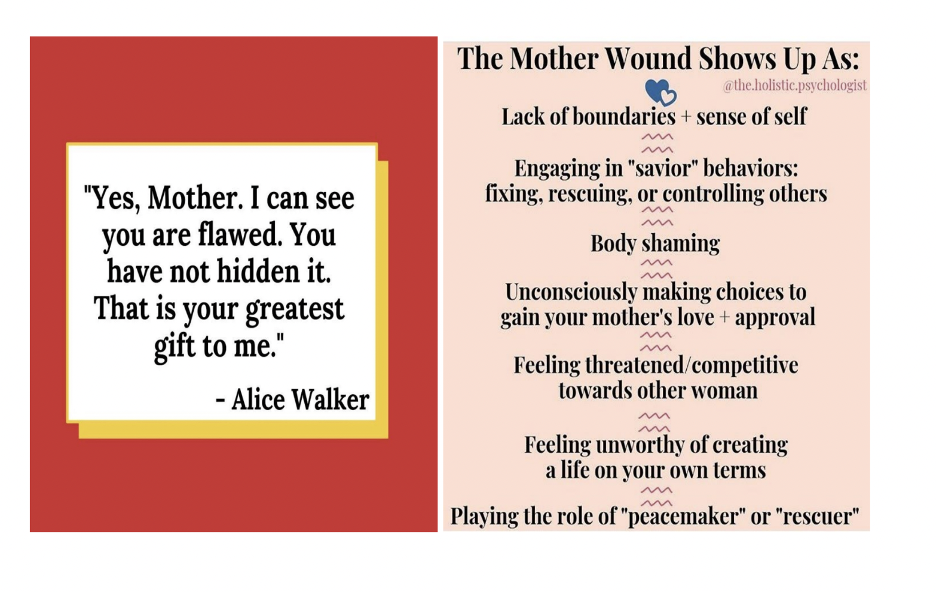
The Power of Consent Culture
By Jos Duncan-Asé
Infusing a New Dialogue Around Body Autonomy and Power Dynamics
Rape culture is a toxic environment where sexual violence is normalized, often blaming victims for their experiences while excusing perpetrators from responsibility. The rise of the #MeToo movement has given voice to countless women, particularly Black women and girls, who have survived sexual assault. However, this narrative is often overshadowed in mainstream media by representations in music and film that still perpetuate rape culture, often masked as entertainment.
Advocates for Healing and Justice
Dr. Mari Morales-Williams, a healing justice advocate at Straight Ahead and co-founder of Educators for Consent Culture, is leading a mission to dismantle these harmful norms. She’s been illuminating the essence of “consent culture,” a framework centered on body autonomy and personal power.
“Consent culture is about the right to say ‘yes’ or ‘no’; it’s about respecting individual freedoms,” Morales-Williams articulates. “How we talk about power within our families, schools, and communities is crucial. These conversations are deeply affected by our racial, gender, and sexual identities, all influenced by historic processes of colonization and media portrayal.”
Beyond the Classroom: Consent in Everyday Spaces
SynClaire Arthur, a therapist and fellow advocate at Educators for Consent Culture, expands the conversation around consent beyond romantic relationships. “In schools, consent is also about the comfort level of interaction between teachers and students,” says Arthur. “A simple ‘Can I hug you?’ can make all the difference. Who holds the power to consent is a complex issue that needs more discussion.”
Challenging the Status Quo: Consent Across Genders
A significant part of this advocacy is including the experiences of male and gender non-conforming survivors. “We’re living in a society that paints men as the aggressors and women as the victims. But this isn’t the whole truth,” warns Dr. Morales-Williams. “Masculine individuals, including men and trans folks, are often overlooked as survivors. It’s time to challenge these harmful narratives.”
Real-Life Implications: The Media’s Role
Even popular films like Coming 2 America perpetuate harmful norms. The movie casually portrays a non-consensual sexual encounter between Leslie Jones and Eddie Murphy’s characters, dismissing it under the umbrella of comedy. “This trivialization silences men and other survivors, and it must be challenged,” Morales-Williams emphasizes.
Building a Culture of Healing
Educators for Consent Culture was founded in 2019 to change the narrative. They invite community members to deepen their understanding of power dynamics and boundary-setting. “There’s so much more to healing than getting corporate sponsorships,” concludes Morales-Williams. “Understanding and implementing consent can bring about real change.”
For those interested in joining this transformative movement, especially men and masculine individuals from Philadelphia, you can get involved by emailing [email protected]. To learn more, visit www.ed4consent.org or follow them on Instagram @ed4consent.
Consent With Love – A Lesson Plan
by SynClaire Arthur, M.S. and Mari Morales-Williams, Ph.D
Summary:
This first lesson is inspired by the hope of beginning to dismantle the notion that “you’re my child, and therefore your business is my business, and I can share it with whomever I please.” This notion is often expressed and heard within Black mother-daughter relationships and the Black community at large. With that idea and the following objectives in mind, this lesson aims to provide Black mothers and daughters with an opportunity to reflect on consent as it relates to privacy, autonomy, and safety within their mother-daughter relationship.
Objectives:
- Mothers and daughters will have increased ability in identifying indicators of healthy love
- Mothers and daughters will be able to identify and maintain boundaries as a protective factor for building trust and deeper bonding
- Mothers and daughters will be able to restructure/reframe power dynamics within mother and daughter relationships.
Activity 1:
Mothers are human beings, and all human beings are works in progress. In truth, we are all recovering from our childhoods, and mothers are no exception. This activity aims to humanize mothers and facilitate reflection on healing, with the goal of reframing power dynamics between Black mothers and daughters for deeper bonding and trust-building. Below, you’ll find examples of statements and feelings related to love and parenting. On one side are statements that can be identified as unhelpful or unhealthy; on the other side are statements intended to be more optimal and healthy. Please review and discuss these graphics.

Discussion Questions:
- What feels most relatable in these graphics?
- If you could add to the list of optimal/healthy responses to “re-parenting” and “emotionally mature”, what would they be?
Activity 2:
Hand on Heart. This activity requires no pen or paper, just a mother and daughter sitting on chairs facing each other. Each person takes their right hand and places it on the heart of the person in front. Taking turns, fill in the sentence “I feel loved when you…”. Repeat this until each person has shared at least 5 ways in which they feel loved by the other person.
